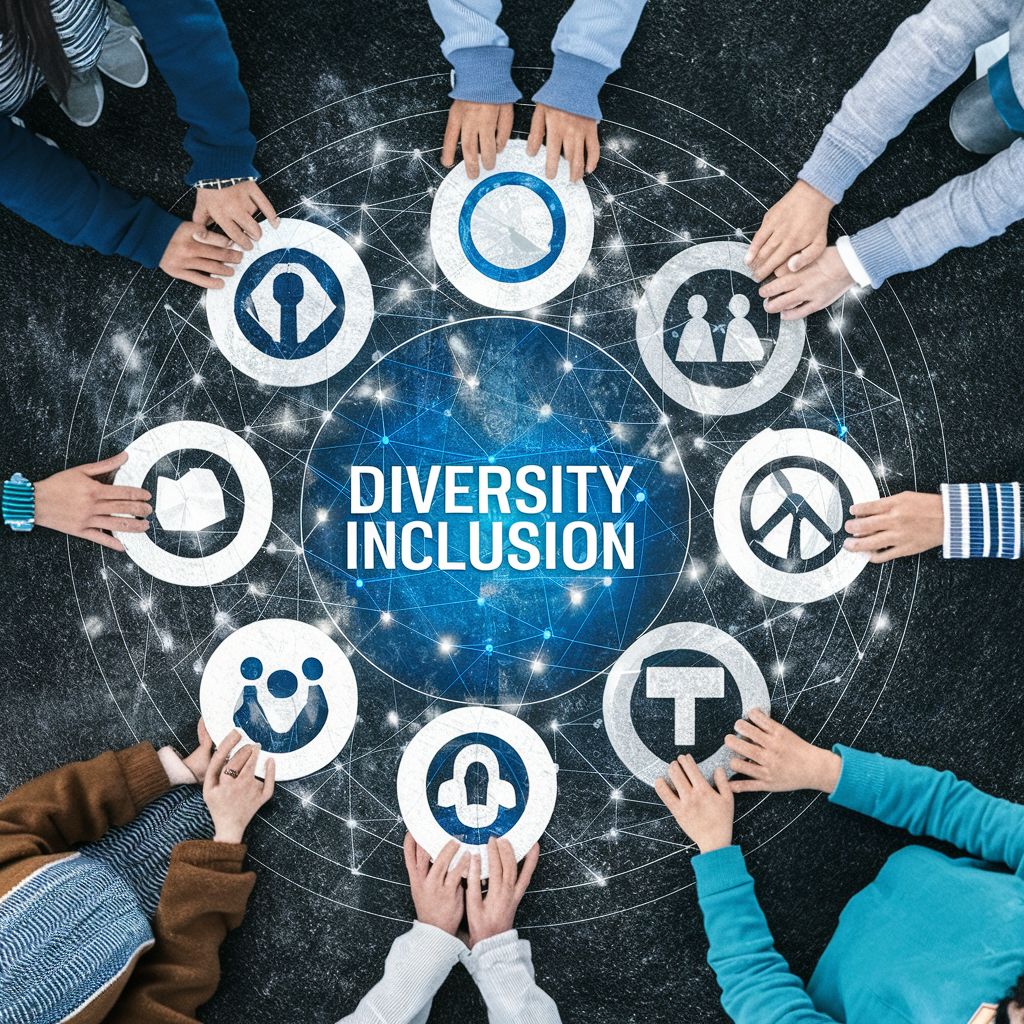In the ever-evolving landscape of modern business, the concept of diversity and inclusion has transcended its role within human resources and corporate culture, extending its reach into every facet of organizations. One area where this shift is particularly impactful is in procurement. Let us explore the vital importance of diversity and inclusion in procurement and how organizations can build an inclusive supply chain for long-term success.
Why Diversity and Inclusion Matter in Procurement
The first question that comes to our mind is why diversity and inclusion matter in procurement. Well, diversity in the procurement process brings together a variety of perspectives, experiences, and ideas. This diversity fosters innovation, enabling organizations to think outside the box, discover new suppliers, and explore creative solutions to challenges. In addition, an inclusive supply chain minimizes risks by avoiding overdependence on a narrow set of suppliers. A diverse pool of vendors ensures greater resilience to disruptions, whether caused by geopolitical issues, natural disasters, or other unforeseen events. Procurement with a focus on diversity and inclusion aligns with broader corporate social responsibility (CSR) initiatives. It demonstrates a commitment to ethical practices, fair treatment, and a positive impact on communities.
Building Diversity and Inclusion in the Procurement Function
Implement Supplier Diversity Programs
So how do we build diversity and inclusion in the procurement function? Well, we can start with implementing supplier diversity programs that actively seek out and engage with minority-owned, women-owned, and other diverse businesses. These programs encourage competition, drive economic growth in underrepresented communities, and foster a sense of inclusivity.
Develop and Enforce Procurement Policies
We can develop and enforce procurement policies that emphasize diversity and inclusion. Ensure that these policies are integrated into supplier evaluations, selection criteria, and ongoing vendor management processes.
Foster Collaboration with Diverse Suppliers
We can also foster collaboration with diverse suppliers through mentorship programs, partnerships, and joint initiatives. This collaborative approach helps build strong, mutually beneficial relationships and supports the growth of diverse businesses.
Challenges in Implementing Diversity and Inclusion
However, let us not oversimplify this. There are challenges too in introducing diversity and inclusion, and they vary from awareness, resistance to change, availability of diverse suppliers, unconscious bias, cost considerations, lack of executive commitment, cumbersome onboarding processes to difficulty in measuring the impact of supplier diversity initiatives.
Define Clear Metrics and KPIs
At the same time, if we can define clear metrics and key performance indicators (KPIs) to measure the success and impact of diversity and inclusion efforts in procurement, then our probability of succeeding will increase manifold.
Strategic Advantage of an Inclusive Supply Chain
Building an inclusive supply chain through diversity and inclusion in procurement is not just a moral imperative; it's a strategic advantage. Organizations that embrace diversity in their supplier base will not only contribute to a fairer and more equitable business environment but also position themselves for sustained success in an increasingly diverse and global marketplace.
Role of ProcurEngine
It's time for procurement to take a leading role in shaping a future where diversity and inclusion are not just buzzwords but integral components of a thriving and resilient supply chain. For more insights on innovative Procurement Solutions, visit ProcurEngine.
